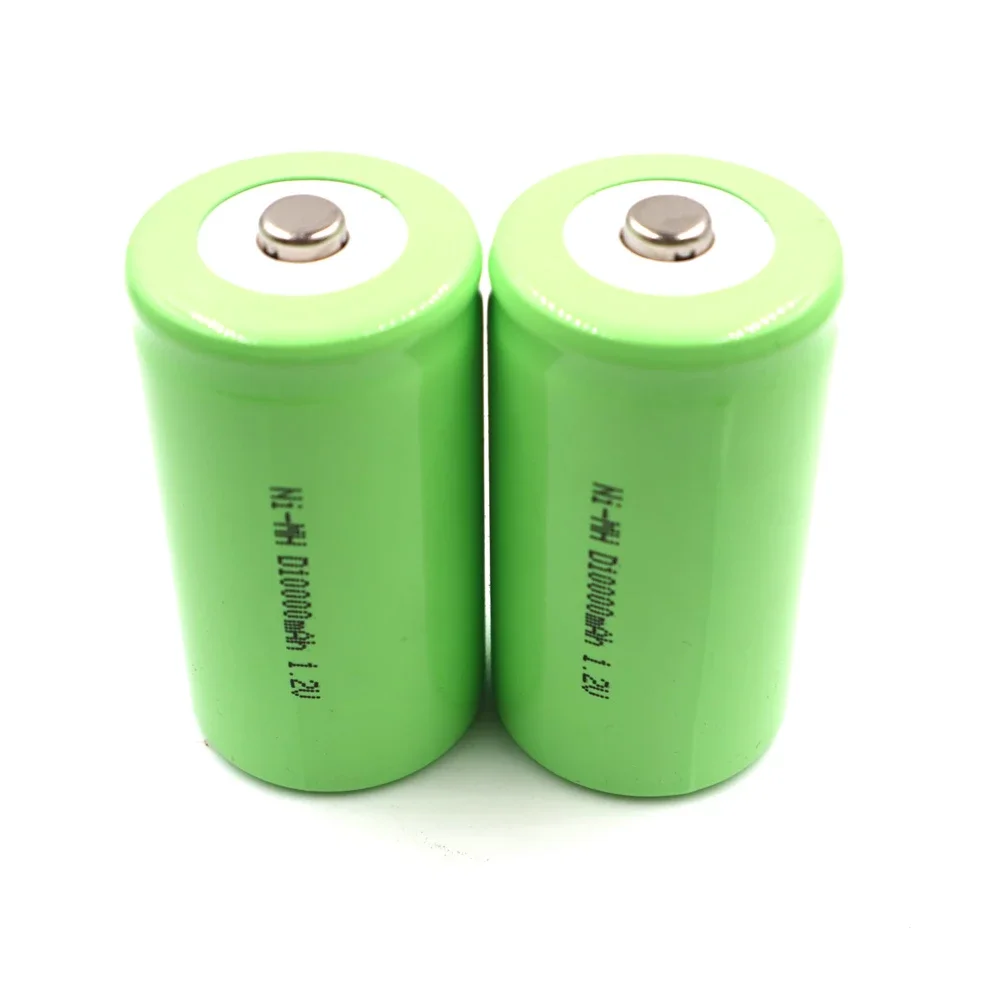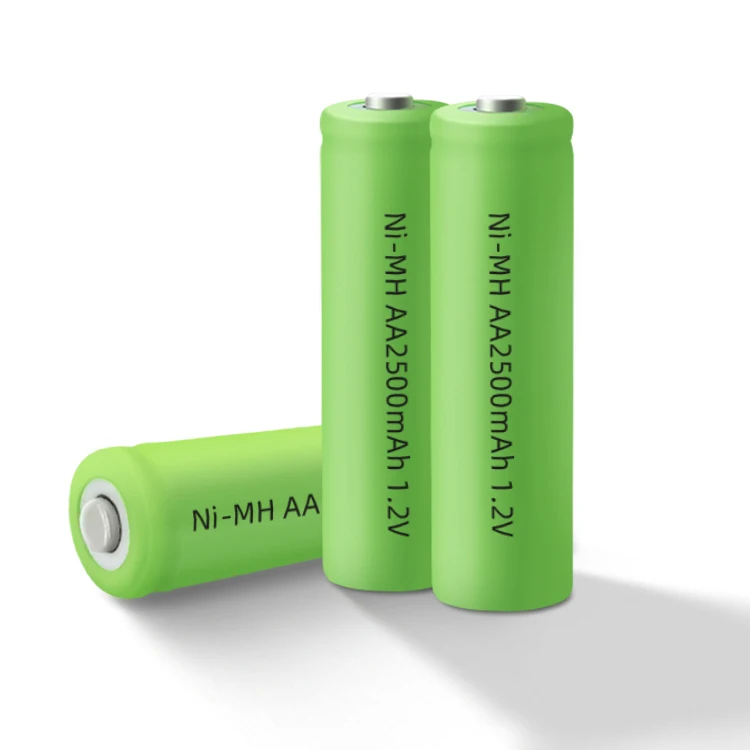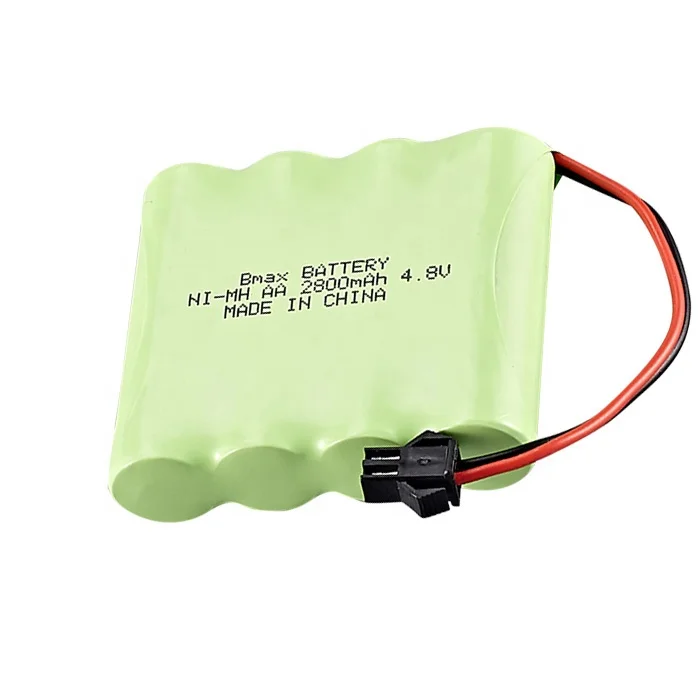In today’s rapidly evolving technological landscape, the demand for reliable and sustainable energy storage solutions has never been greater. Enter rechargeable NiMH (Nickel Metal Hydride) batteries – versatile powerhouses that offer a compelling combination of performance, longevity, and environmental sustainability. In this comprehensive guide, we’ll explore the myriad benefits, applications, and considerations surrounding rechargeable NiMH batteries, empowering businesses and consumers alike to make informed choices for their energy needs.
Unveiling the Power of Rechargeable NiMH Batteries
Rechargeable NiMH batteries represent a significant leap forward in energy storage technology. Unlike traditional disposable batteries, NiMH batteries can be recharged hundreds or even thousands of times, making them a cost-effective and eco-friendly alternative. With a high energy density and robust cycle life, rechargeable NiMH batteries are ideal for a wide range of applications, from everyday consumer electronics to industrial and commercial settings.
Benefits of Rechargeable NiMH Batteries
- Cost-effectiveness: While rechargeable NiMH batteries may have a higher upfront cost compared to disposable batteries, their ability to be recharged hundreds of times makes them significantly more cost-effective in the long run. This translates to savings for both businesses and consumers over the battery’s lifespan.
- Environmental Sustainability: One of the most compelling advantages of rechargeable NiMH batteries is their eco-friendliness. By reducing the need for disposable batteries, NiMH batteries help minimize waste and reduce environmental impact. Additionally, NiMH batteries do not contain toxic metals like cadmium or mercury, further enhancing their environmental credentials.
- Long Cycle Life: Rechargeable NiMH batteries are known for their long cycle life, capable of enduring hundreds or even thousands of charge-discharge cycles without significant degradation in performance. This longevity ensures reliable and consistent power delivery over the battery’s lifespan, minimizing the need for frequent replacements.
- High Energy Density: NiMH batteries boast a high energy density, allowing them to store a large amount of energy relative to their size and weight. This makes them suitable for applications where space is limited, such as portable electronics and handheld devices.
- Versatility: Rechargeable NiMH batteries are incredibly versatile, supporting a wide range of applications across various industries. From consumer electronics and automotive systems to renewable energy storage and industrial equipment, NiMH batteries offer flexibility and reliability in diverse settings.
Applications of Rechargeable NiMH Batteries
Rechargeable NiMH batteries find applications in numerous industries and sectors, powering everything from handheld gadgets to large-scale industrial equipment. Some common applications include:
- Consumer Electronics: NiMH batteries are widely used in portable electronic devices such as smartphones, digital cameras, laptops, and portable gaming consoles, providing reliable and long-lasting power.
- Automotive Systems: NiMH batteries serve as energy storage solutions in hybrid vehicles, providing power for electric propulsion systems and regenerative braking.
- Portable Tools and Equipment: From cordless drills and power screwdrivers to flashlights and handheld meters, NiMH batteries power a variety of portable tools and equipment used in construction, maintenance, and DIY projects.
- Renewable Energy Storage: NiMH batteries play a crucial role in storing excess energy generated by renewable sources such as solar and wind power installations, helping to stabilize the grid and maximize the utilization of clean energy.
Considerations for Choosing Rechargeable NiMH Batteries
When selecting rechargeable NiMH batteries for your specific applications, consider the following factors:
- Capacity and Voltage Requirements: Determine the energy storage capacity and voltage requirements of your devices or systems to ensure compatibility and optimal performance.
- Charging Compatibility: Check whether your devices or charging equipment are compatible with NiMH batteries and choose batteries with appropriate charging specifications.
- Brand Reputation and Quality: Opt for rechargeable NiMH batteries from reputable brands known for their quality, reliability, and adherence to safety standards.
- Usage Patterns: Consider your typical usage patterns and charging habits when selecting NiMH batteries, as this can impact the battery’s lifespan and performance.
- Environmental Impact: Choose rechargeable NiMH batteries over disposable batteries to minimize waste and reduce your environmental footprint, contributing to a more sustainable future.
Conclusion
In conclusion, rechargeable NiMH batteries represent a compelling solution for businesses and consumers seeking reliable, cost-effective, and sustainable energy storage options. With their long cycle life, high energy density, and eco-friendly characteristics, NiMH batteries empower users to power their devices and systems with confidence while minimizing environmental impact. By understanding the benefits, applications, and considerations surrounding rechargeable NiMH batteries, businesses and consumers can make informed decisions that align with their energy needs and sustainability goals.
If you’re ready to embrace the power of rechargeable NiMH batteries for your business or personal use, [Contact Us] to explore our range of advanced energy storage solutions tailored to your needs. Together, we can maximize efficiency, performance, and sustainability for a brighter future.


